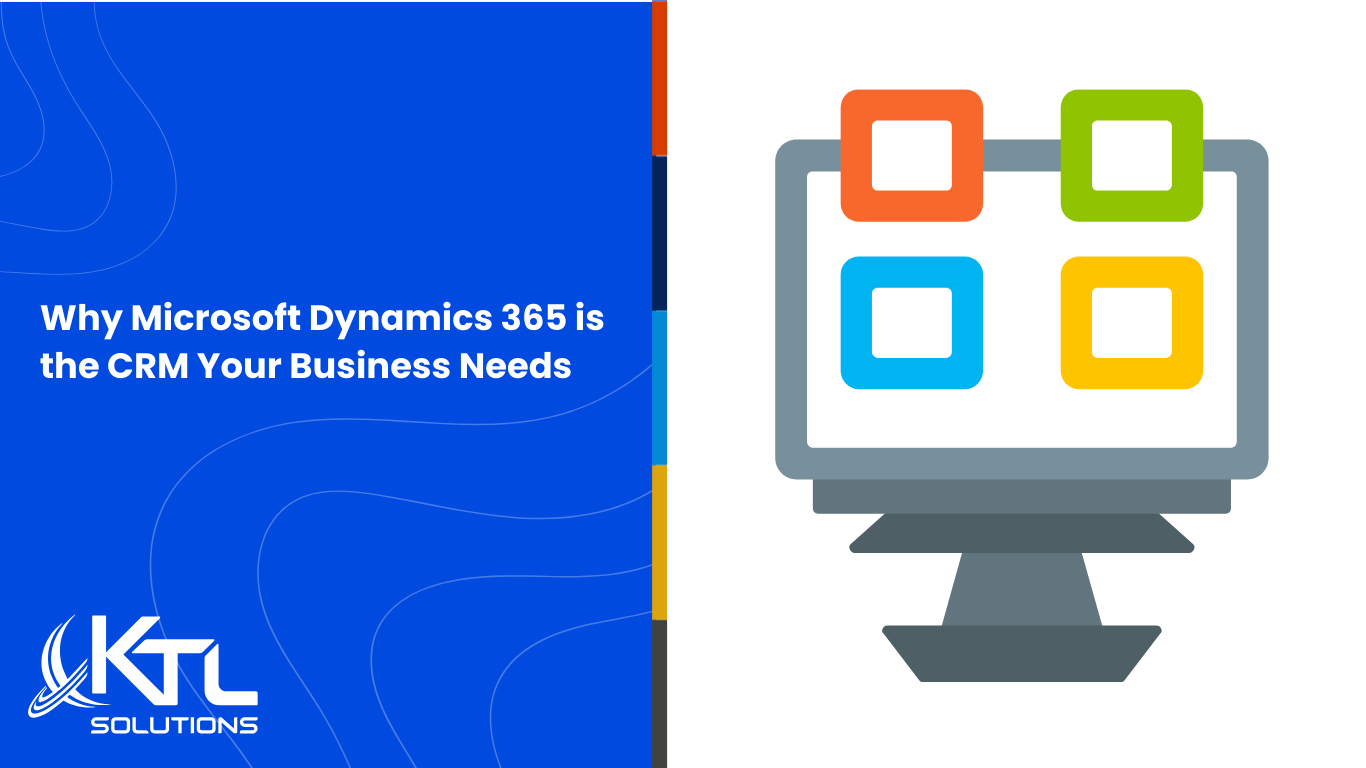A company’s ERP system can be one of its most productive assets and provides an opportunity to collect and report on vital information, promoting both success and growth. With this in mind, the system should be monitored, maintained, and understood to support the company’s current demands and future goals. Your ERP system puts you into the driver’s seat to help steer the organization in the correct direction.
An ERP system not only fills the need to track the dollars and cents moving between various facets of the organization, it can also do much more. ERP systems can be capable of the tracking and reporting on the most common business functions all the way through to very complex routines. Some of the functionality that may be found in an ERP system, such as Microsoft Dynamics GP, are: General Ledger, Sales Order Processing, Purchasing and Receiving, Inventory Control, Serial and Lot tracking, Assets and Depreciation, Payroll, Human Resources, etc. ERP systems provide invaluable information from all aspects of the organization providing a clear picture of where you are, how you got there, and where you want to go.
Each organization has a Mission Statement that defines itself with goals and objectives to support the mission that constantly adapts to the ever-changing market place. The changes are caused by both internal and external factors. These factors may be things such as the market place itself, demand for your product, labor costs, resource costs, supply of resources, environmental impacts, government regulation, etc. An ERP system will assist in addressing these factors with up-to-date information to help establish the goals and objectives to ultimately support the Mission of the organization.
There are many things that will allow you to get the most out of your ERP system. Listed below are five of the top items that must be addressed:
Have a maintenance plan
To get the most out of your ERP system, it is critical to manage and maintain your ERP system with a detailed plan to keep the system fine-tuned and performing at its optimum. Some keys areas to quickly tune-up your ERP maintenance plan are:
- Keep the software up-to-date with the latest service packs
- Have a verified Disaster Recovery plan documented and tested
- Perform scheduled maintenance task in regular intervals as defined by the software
- Understand the functionality, configuration, and customization of your ERP system
- Re-evaluate your system at regular intervals to identify areas of strength and weakness to help improve and expand the system for the future growth of your organization
Train, re-train, cross-train your users
Training is imperative for a smooth implementation with future consistency and data reliability. Users should be trained in their functional areas with an understanding of the other parts of the system in order to establish what their part is in the bigger picture.
- All users should be trained utilizing the same documented process flow.
- Users should be periodically retrained to keep their skill up-to-date
- Users should be cross-trained to fill any gaps caused be unforeseen events
Understand your business model
You should understand your business model and how it operates from the purchase of raw materials to the collection on a finished good. Have Business Process documentation detailing day-to-day, monthly, and yearly activities for your ERP system to insure consistency. Evaluate and re-evaluate the processes to address areas of improvement.
Take advantage of what the ERP system has to offer
Understand what your organization needs and know what your ERP system has to offer. Re-evaluate your system at regular intervals to identify new features that can be utilized and any information that can be obtained that will help the day-to-day operations. Identify areas of strength and weakness in your business processes to improve efficiency and data reliability. Use your ERP system as a tool to assist with your future growth.
Develop a strong partnership with your Business Partner
A strong relationship with your Business Partner or VAR can make things go much smoother and often times may determine the success of the ERP implementation. They are there not only for support related issues, they can offer much more. The Business Partner can provide their knowledge and experience to help you, so that you do not have to re-invent the wheel. They can mediate issues between you and other software vendors to assure your systems are compatible. Creating a lasting relationship with your Business Partner improves the chances of success for your ERP system and allows you to maximize your use of the system.
Want to know more about your ERP system or would feel like you need an upgrade? Contact Andrew to discuss by calling 301.360.0001 or emailing sales@ktlsolutions.com
ANDREW FRASER | Senior Business Software Consultant
As a Senior Business Consultant, Andrew is responsible for the implementation and support of CRM, GP, and other Microsoft products assuring that our solution scoping, architecting, and delivery meet and exceed customer expectations. He helps clients analyze their current business processes and provide them with process improvements. During his time at KTL, Andrew has built lasting relationships with clients by understanding their business needs and provided value by leveraging their existing resources. Andrew has more than nineteen years of experience in implementing business software for a variety of industries including service, government, distribution, not-for-profit and manufacturing. He graduated with a Bachelor’s Degree in Math with concentration in Computer Science and a Bachelor’s Degree in Business Marketing from St. Andrew’s University in Laurinburg, North Carolina. His experience includes helping companies embrace technology to fulfill their organizational needs and creating innovative solutions using CRM, GP and other Microsoft products.




































